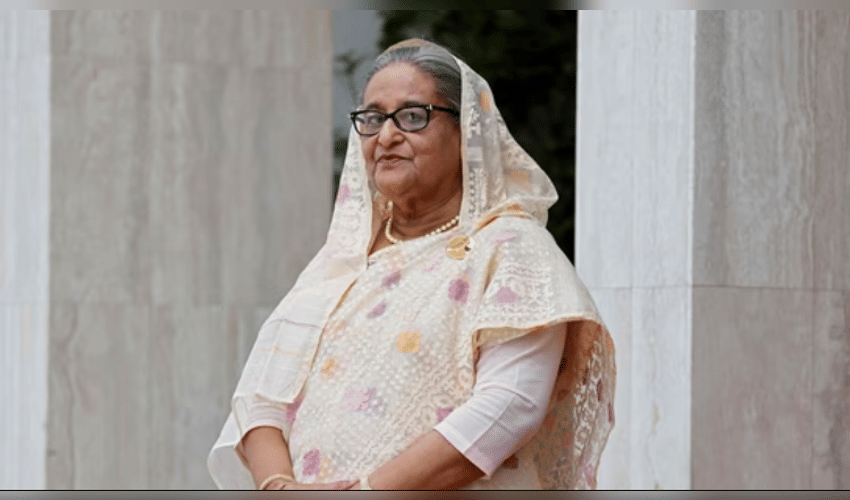News
Sheikh Hasina Death Sentence: Details of the Verdict, India's Response, and What Lies Ahead

Former Bangladesh Prime Minister Sheikh Hasina has been sentenced to death by a special tribunal in Bangladesh for crimes against humanity linked to last year's deadly crackdown on student protests. Tried in absentia while living in exile in India, Hasina was found guilty on multiple counts related to the use of lethal force that reportedly resulted in the deaths of over 1,400 people during the 2024 student uprising, which also led to the fall of her Awami League government. This verdict marks a significant moment in Bangladesh's political landscape, as it reflects both the court's stance on accountability and the ongoing tensions within the country and with neighboring India.
The international crimes tribunal's judgment delivered in Dhaka stated that Hasina incited violence and failed to prevent or punish atrocities committed during the unrest. The court concluded that all elements constituting crimes against humanity were met, leading to her conviction and death sentence. Hasina has vehemently denied the charges, branding the tribunal as "rigged" and politically motivated, accusing the interim government of targeting her to dismantle the Awami League's influence.
India's position on this sensitive issue remains cautiously diplomatic. The Indian government acknowledged receiving Bangladesh's formal extradition request for Sheikh Hasina but has not yet taken a definite step on it. In official responses, India emphasized its commitment to peace, democracy, and stability in Bangladesh and expressed its intent to engage constructively with all stakeholders. Given India’s legal and diplomatic frameworks, New Delhi faces a complex decision balancing international law, diplomatic ties, and humanitarian considerations. The possibility of extradition depends on factors such as the perceived fairness of Bangladesh's judicial process and assurances regarding Hasina's treatment post-extradition.
This situation underscores a delicate diplomatic balancing act. India must weigh its neighborly relations with Bangladesh against the internal political implications of harboring a deposed leader sentenced to death. While Dhaka insists that India fulfill its obligations under the bilateral extradition treaty, New Delhi has space legally and politically to delay or refuse, citing concerns over due process or human rights.
The verdict represents a watershed in Bangladesh's post-uprising justice efforts. It signals a strong stance from the interim government and its international crimes tribunal to hold former powerholders accountable. However, this move has also ignited polarized sentiments domestically and abroad. The coming months will be crucial as Bangladesh navigates internal stability amid calls for peace while India deliberates on its next diplomatic move concerning Hasina's extradition.
The death sentence against Sheikh Hasina marks a dramatic chapter in Bangladesh's political history, raising questions of justice, political retribution, and regional diplomacy. India's response highlights the complexities of maintaining regional stability while addressing legal and humanitarian concerns. This unfolding saga will likely have lasting implications for both nations' bilateral relations and Bangladesh's future governance.



